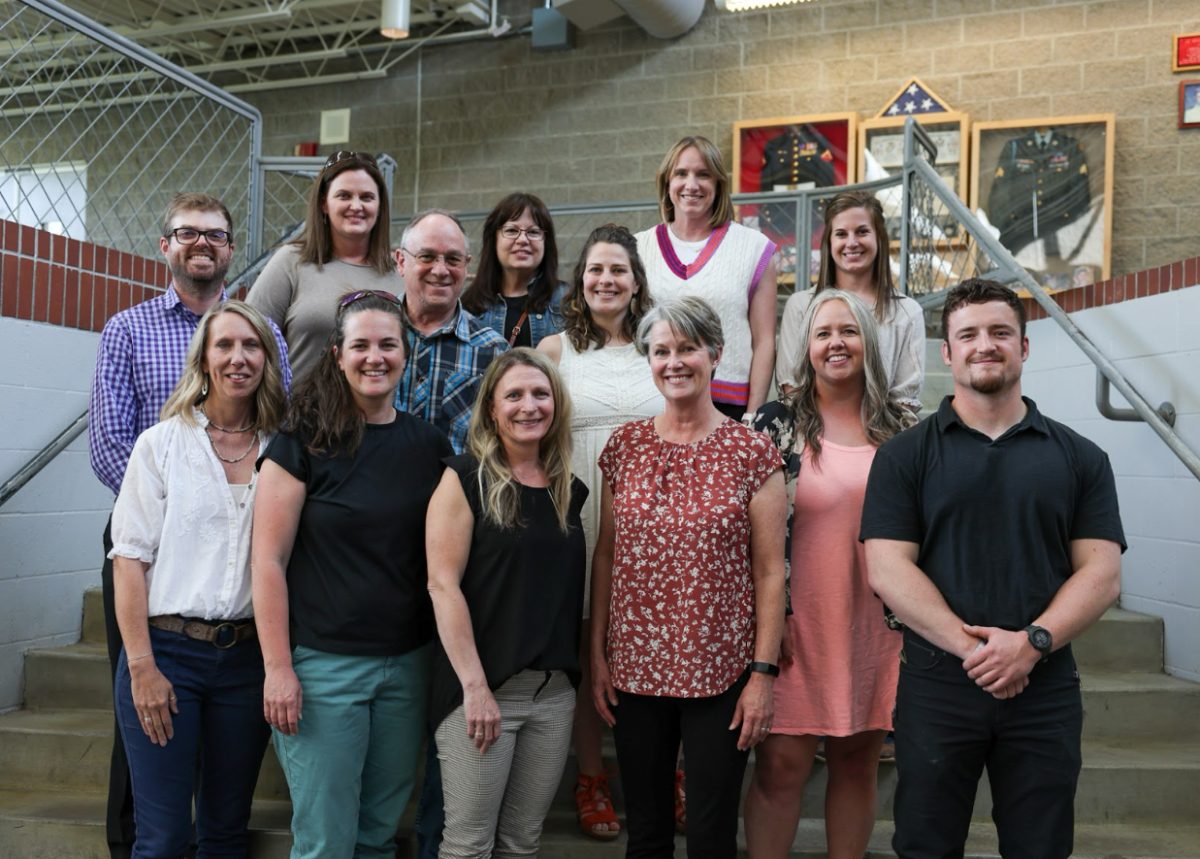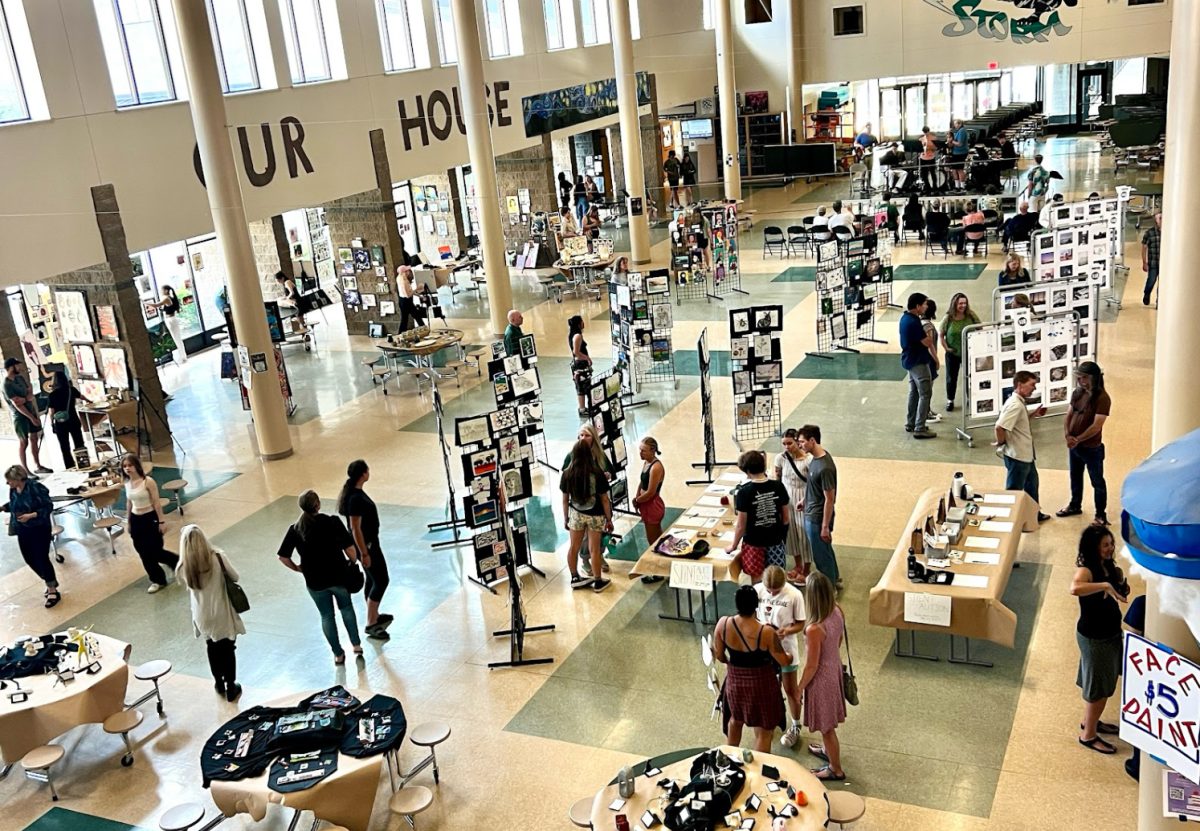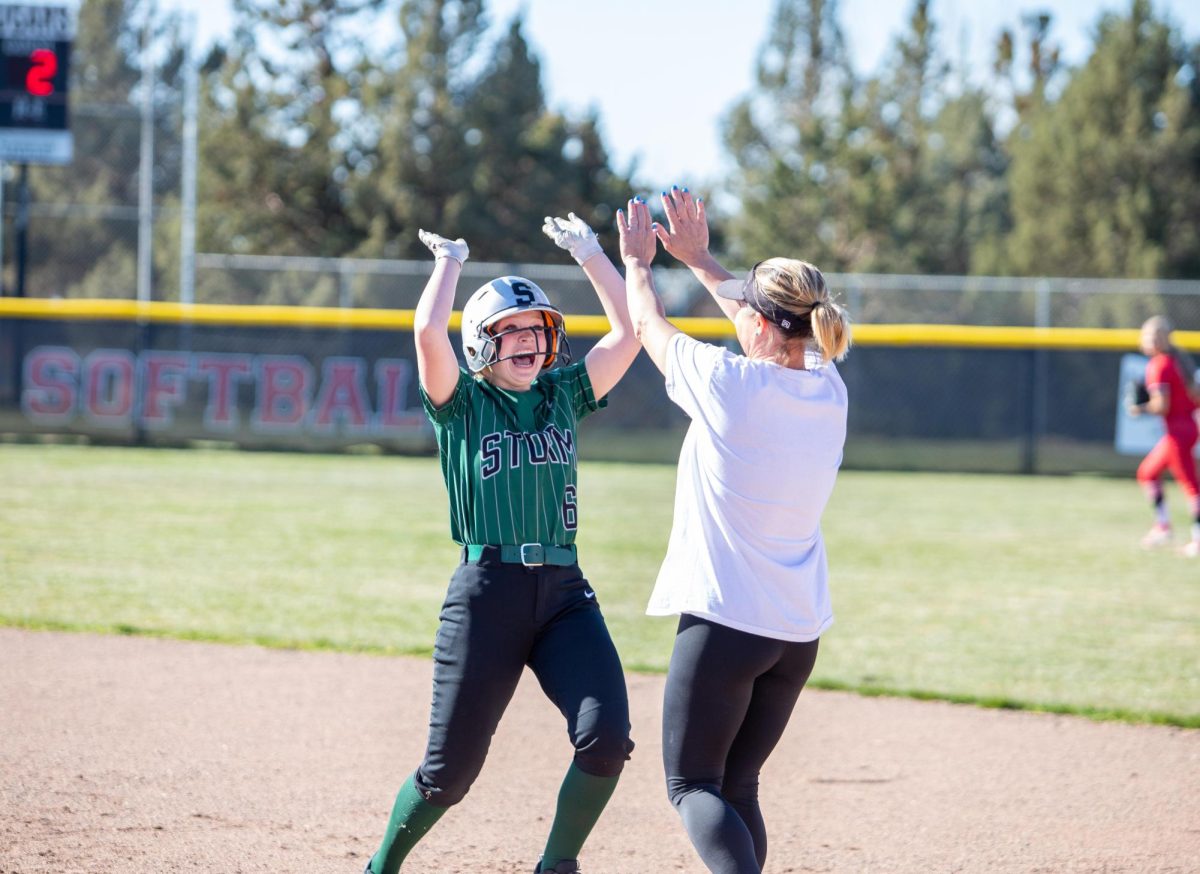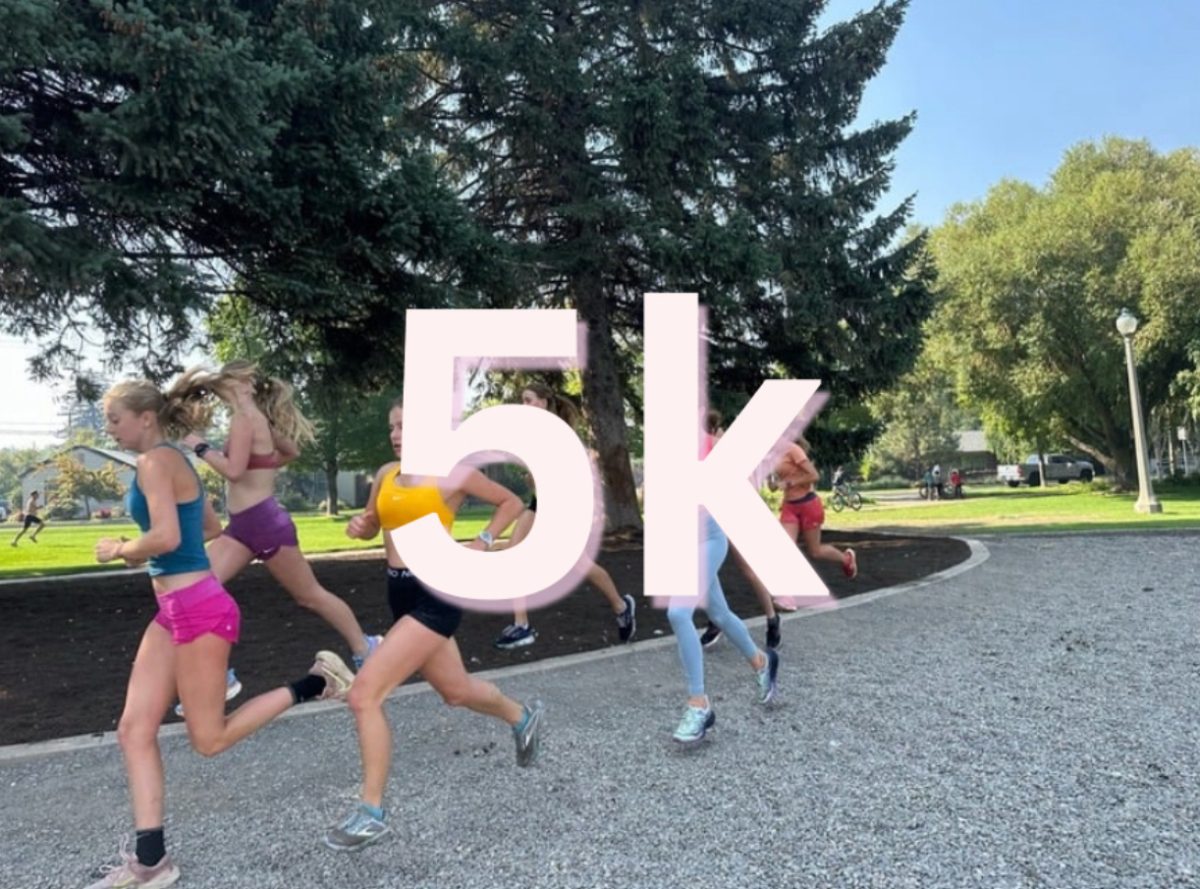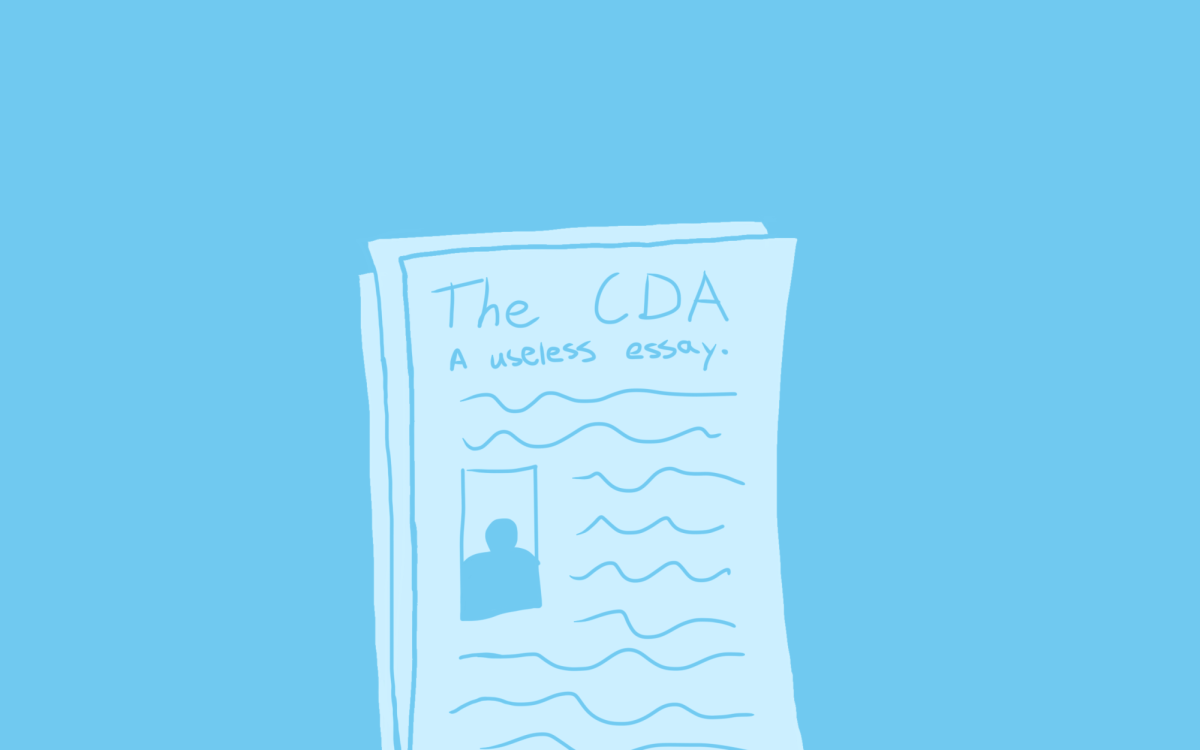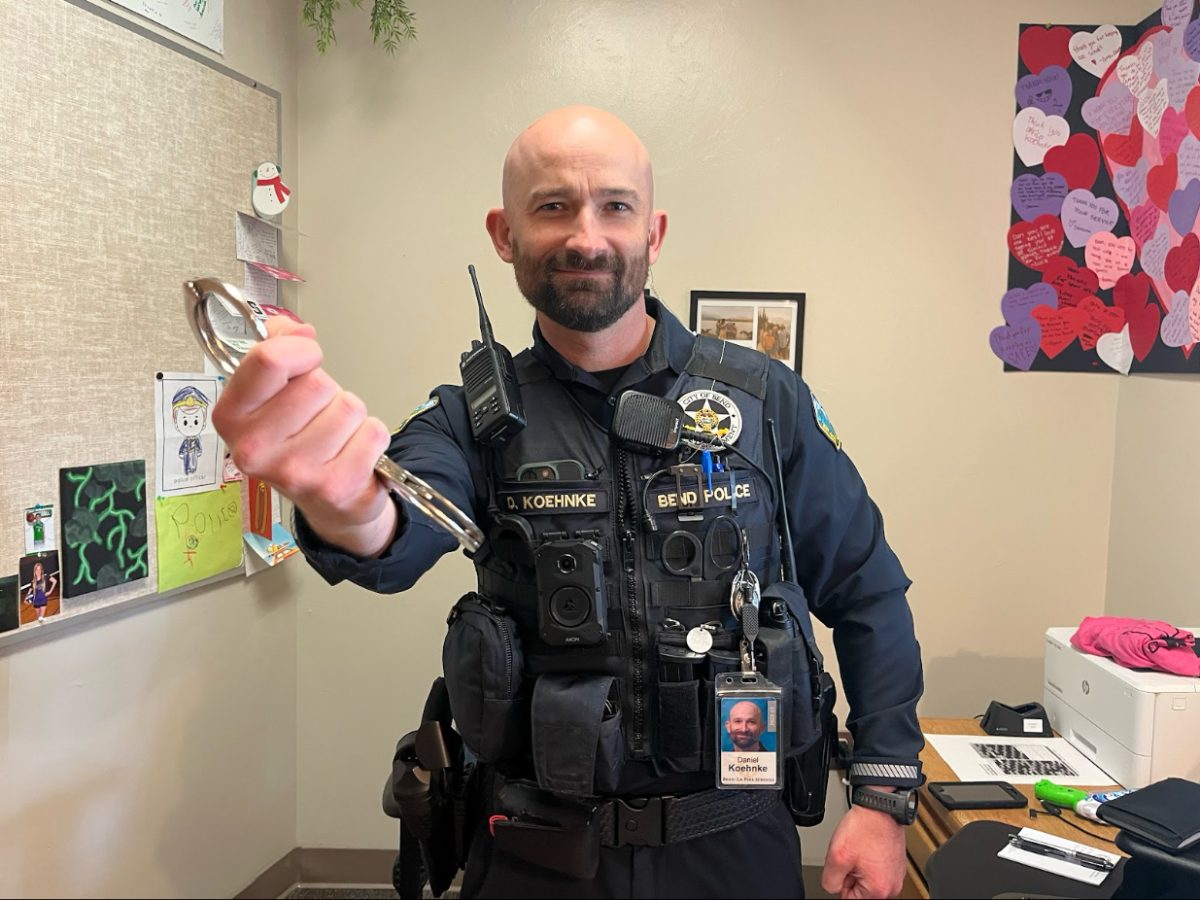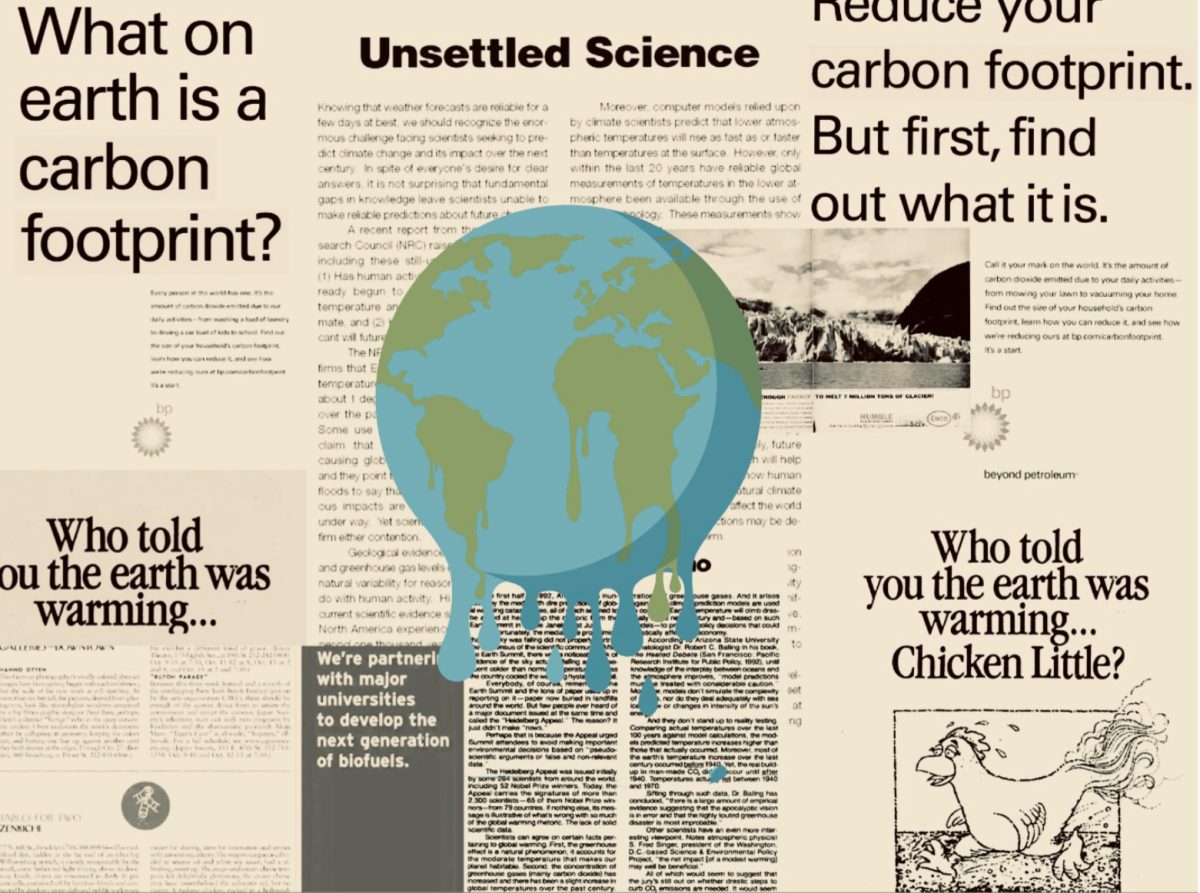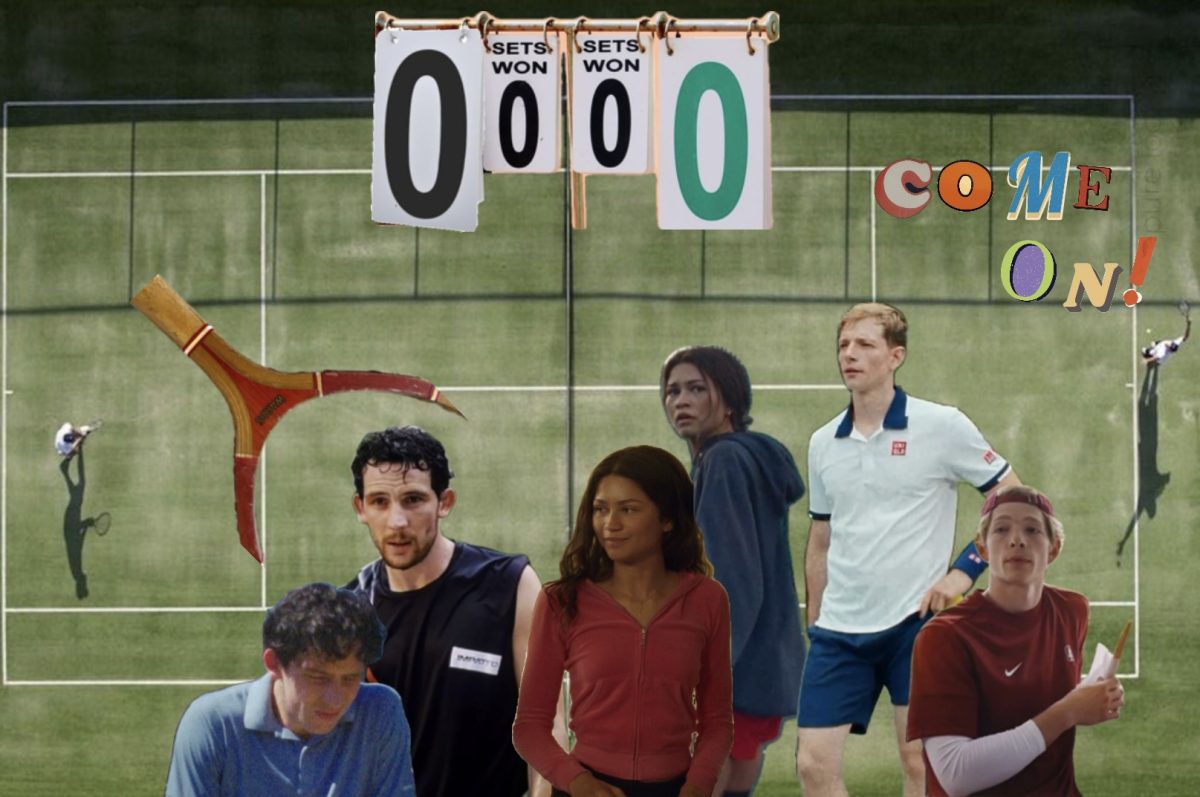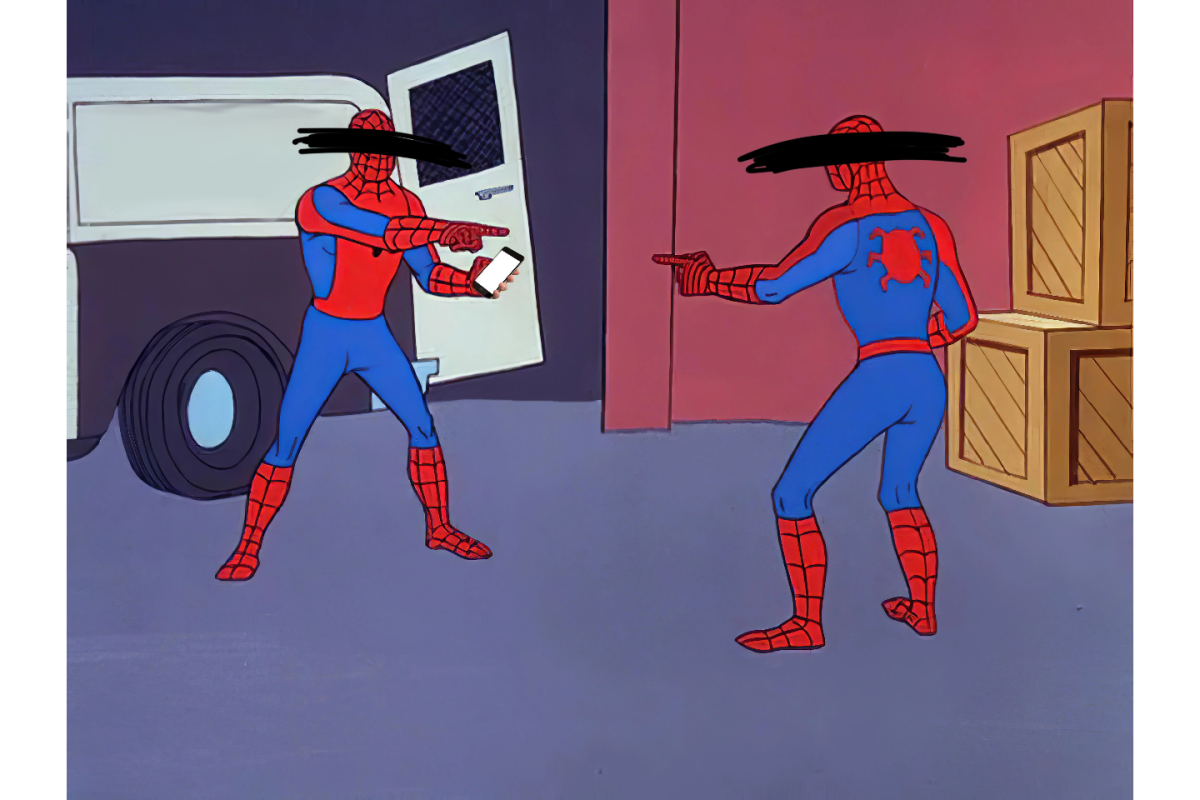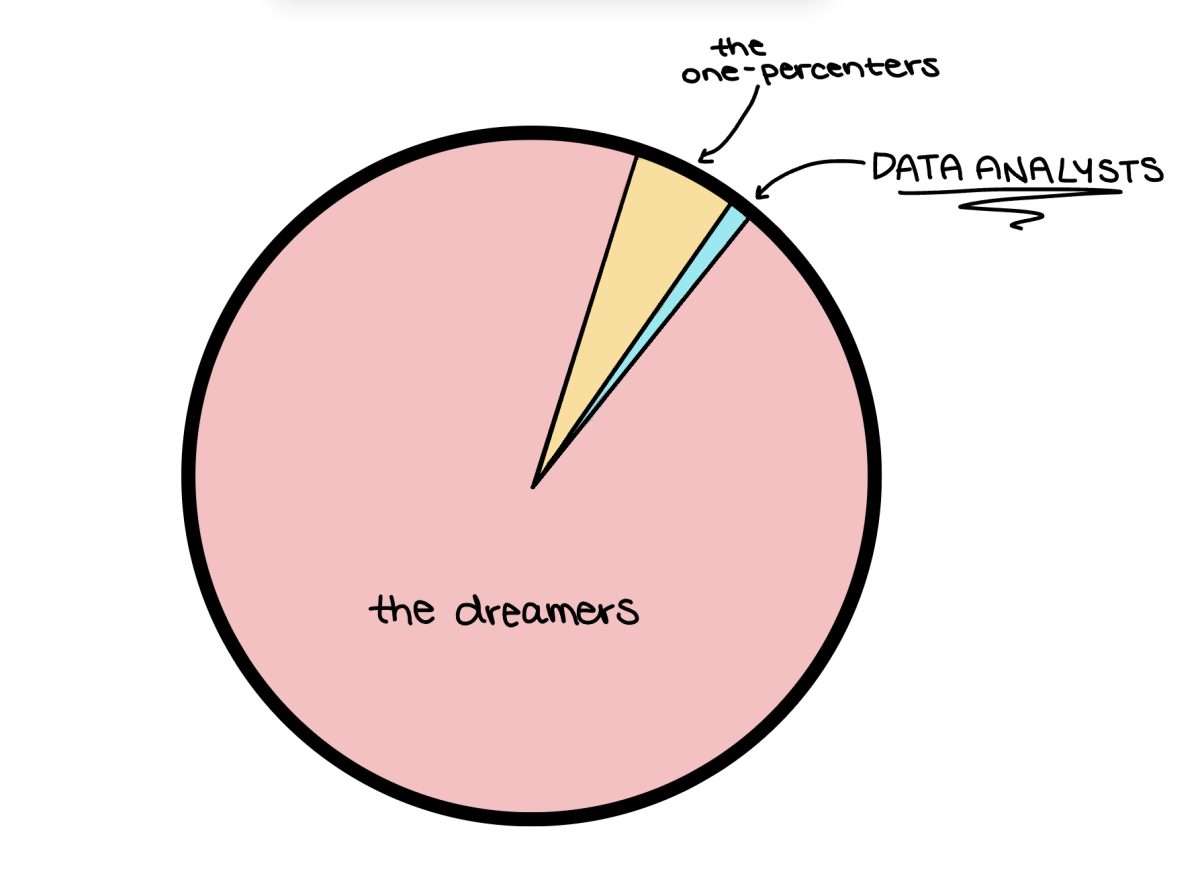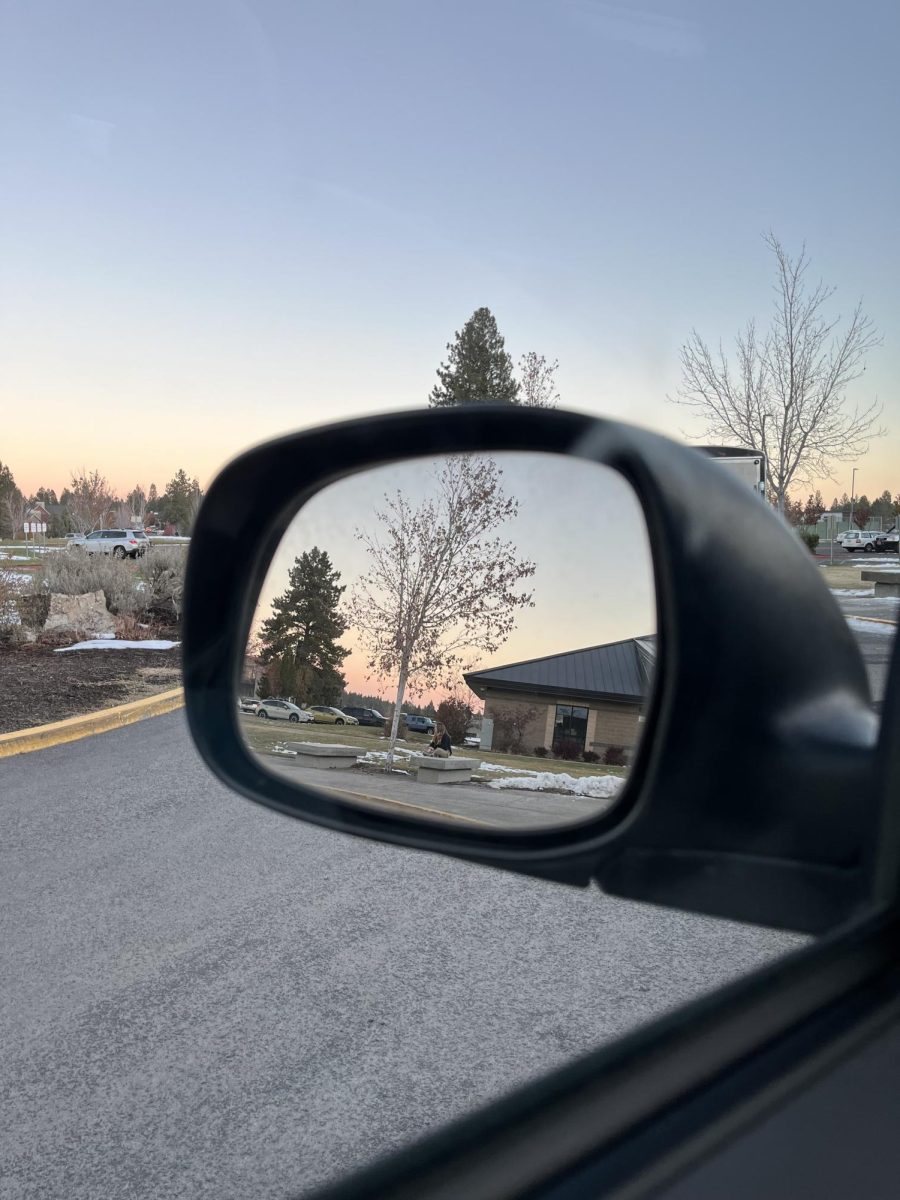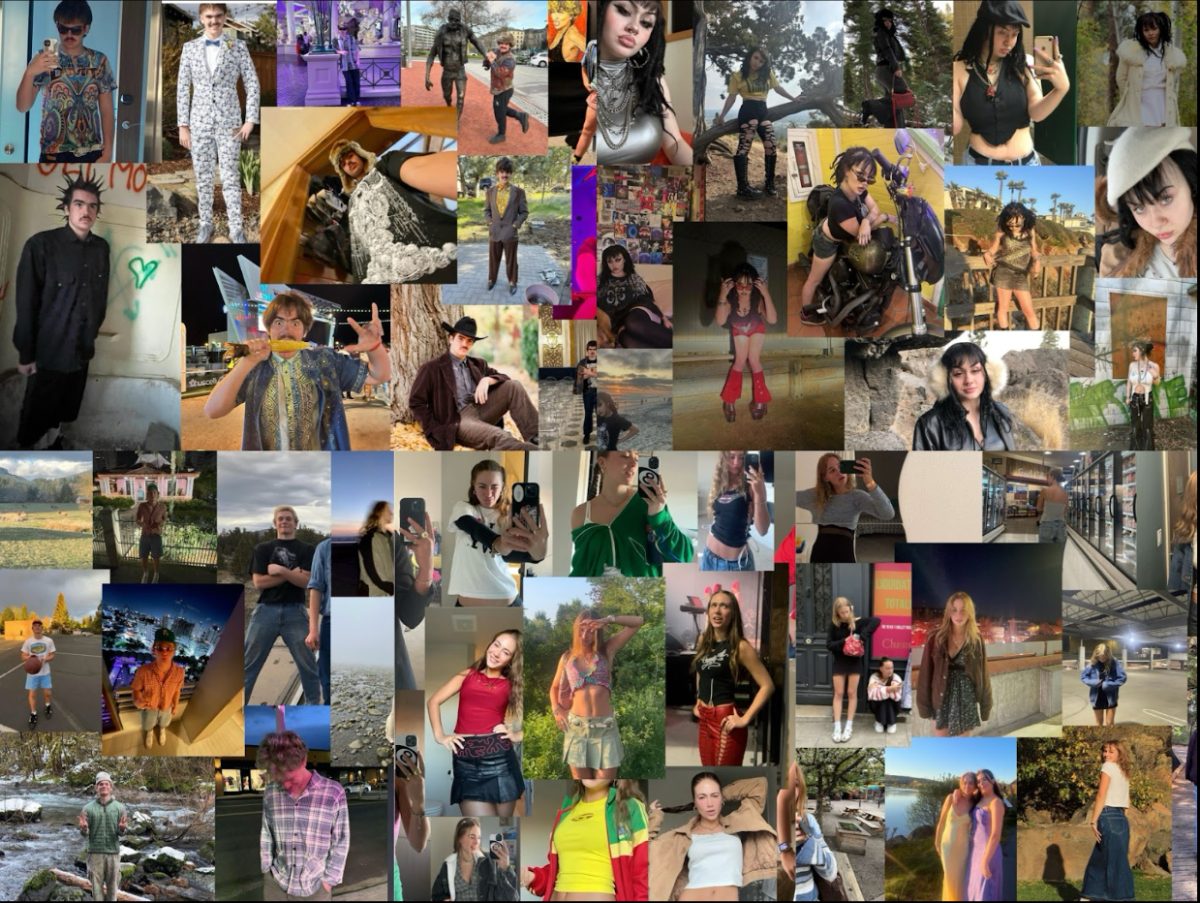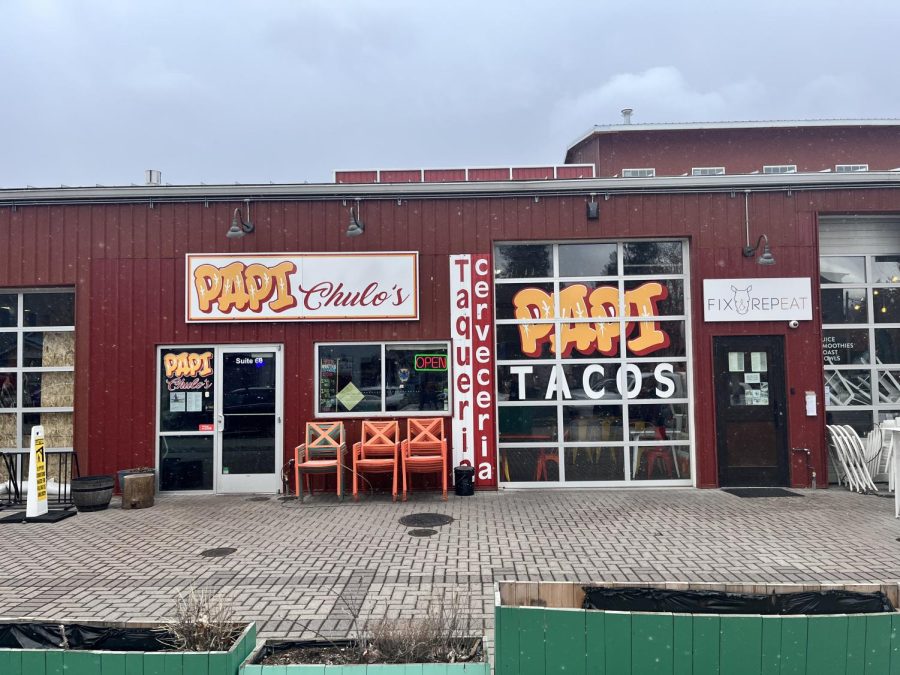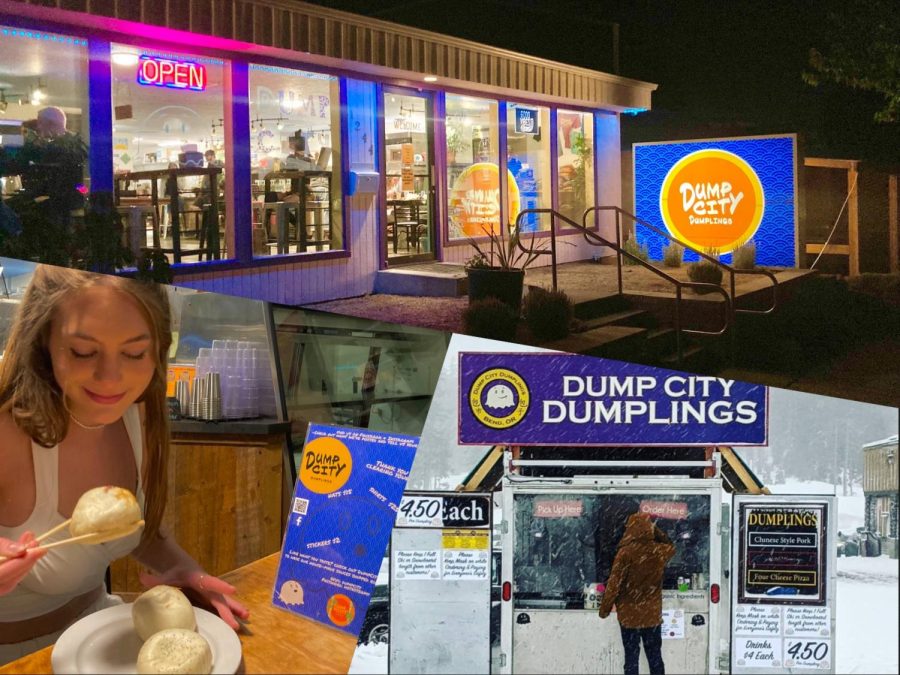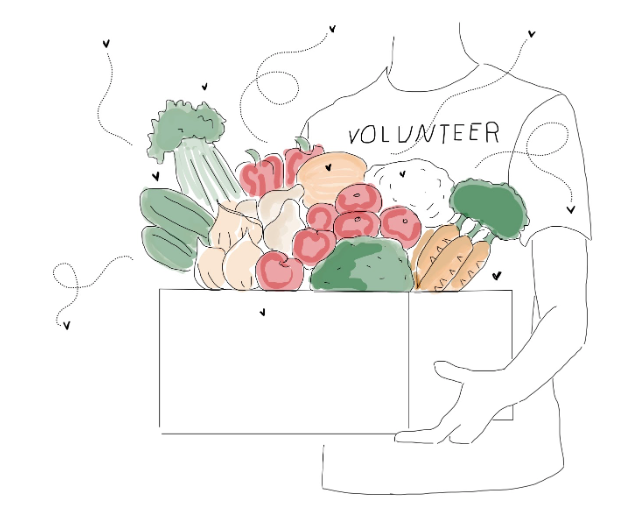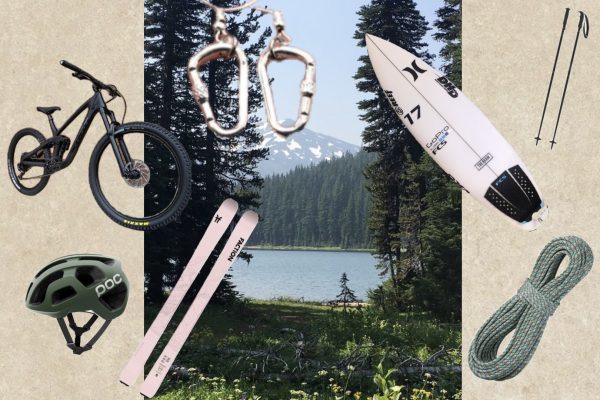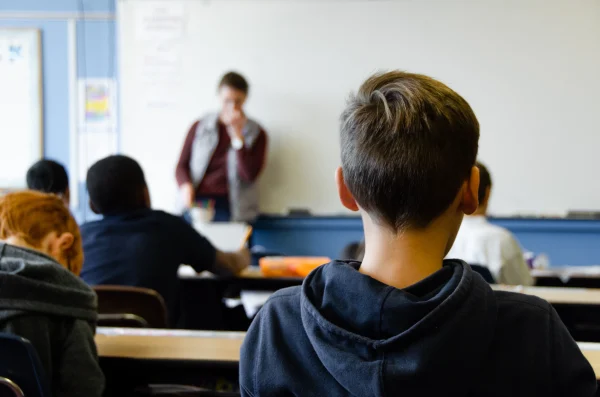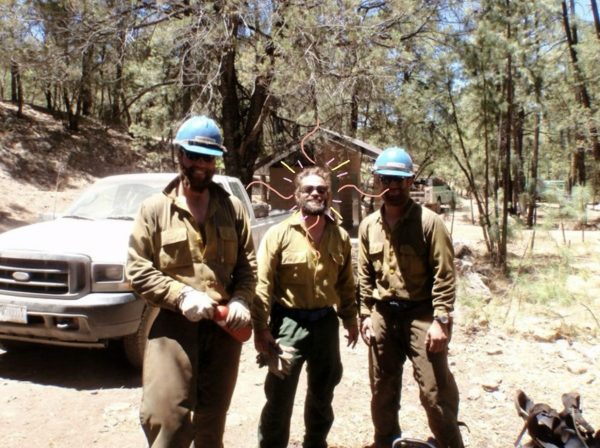Trashy Volunteering; When Doing Good Isn’t So Great
January 29, 2021
Over winter break, homeless camps across bend received cardboard boxes of food. These boxes, filled with raw potatoes, onions, and other perishable foods requiring kitchen appliances to prepare, were left by a mysterious philanthropist, who—inspired by the holiday spirit—decided to feed the homeless. Despite the fact that most of the people living in these roadside camps struggle with hunger, the boxes remained where they had been left, touched only by the spray of water and grime from passing cars.
Eventually, the boxes start to rot, attracting swarms of flies as well as the complaints of neighbors, who commented via Facebook about the homeless’ inability to clean up after themselves. Even with good intentions, the mysterious philanthropist’s ignorance to the actual requests of their homeless community caused more harm than good.
Over Winter Break, as families celebrated a decidedly less boisterous version of the holidays over Zoom and Webex, many found themselves engaging in more volunteer activities. Egged on by the holiday spirit of giving, as well as the desire to help their communities through the pandemic, countless Bendites began volunteering their valuable time and resources.
Unfortunately, this surge of volunteering revealed a darker side to Bend’s charity. As more community members came out of the woodwork to volunteer, the long standing issue of ignorance and thoughtlessness in volunteering presented itself once more. Even as intentions remained pure, many thoughtless acts of volunteering caused, at best, inefficient results and, at worst, harm to the people being served.
One prominent issue the pandemic has exacerbated is the issue of hunger across Central Oregon. According to Carolyn Candela, the Food Resource Specialist at NeighborImpact, food distribution has been up 50% since the start of the pandemic, mostly due to the rampant unemployment that Covid-19 has generated. The people receiving food from NeighborImpact often come from underprivileged backgrounds, with the pandemic being the last straw that pushed them into depending upon the nonprofit for their next meal.
In response to this increased demand for assistance, many community members have taken to donating food to those in need. While some have chosen to leave food on roadsides, most try to give more effectively through donating food via food drives.
Unfortunately, food drive donations are not always carefully vetted before donating.
“Most times people will go out and purchase food for a food drive, but sometimes they clean out their pantries,” Candela said.
These back-of-the-pantry donations often consist of expired or used products. Candela explained that NeighborImpact recently had a shelf of shame, which carried the strangest donations they had been gifted. Among these, Candela said, was a product called a candwich—a canned sandwich—which was so old that the can made a rattling sound when shaken. In another instance, one Oregonian donated pounds upon pounds of frozen meat that their grandma had been storing in her freezer for years. Unfortunately for those processing the donation, the meat had not been properly stored and arrived at the NeighborImpact food bank a rotting mess.
While these absurd donations seem like an anomaly, they speak to a larger issue within volunteering. The person who donated that candwich donated without thought and without intention, something that many can unfortunately relate to. Even though that person likely had good intentions, they did not think before they gave, much like our mysterious philanthropist. With volunteering becoming increasingly vital during the age of Covid-19, this type of thoughtless volunteering should not, and truly cannot, continue.
Luckily, the Summit High School student body is home to many long time volunteers who can help guide us away from thoughtless volunteering and towards a more productive form of giving.
“Choose organizations that are helping support things that make you passionate and make you want to go out there and help, not just something on the list,” said Summit junior Sienna Swetland, an avid volunteer who spends 40-60 hours a year helping her community. Swetland believes that finding volunteer work that makes you passionate is one of the best ways to more actively engage with volunteering and to avoid thoughtless volunteering. “Make sure you’re not committing to something that’s going to be a total drag,” Swetland said.
Another devoted volunteer, Interact Club President and Summit senior McKenzie Harris, believes that volunteer work can be improved through organization and working with others.
“Having good ideas and having the right mindset is a really important start, but to really make projects actually go anywhere you have to plan it and it has to be strategic,” Harris said. She explained that joining clubs, such as the Summit community service club, Interact Club, can be a great way to strategically engage with volunteering to more efficiently give. Harris also agreed with Swetland, saying that a passion for volunteering will take people far in their work.
As the pandemic continues to wreak havoc on the Bend community, thoughtful volunteering provides an opportunity to help those hit hardest by the crisis. For those interested in engaging with a community service club to maximize their efforts, the Summit Interact Club can be contacted via Instagram @interactsummit. To help those experiencing food instability in Central Oregon, go to NeighborImpact.volunteerhub.com to sign up for shifts at Neighbor Impact’s food pantry or for meal delivery opportunities. If you need help finding an opportunity you’re passionate about, Swetland suggests asking those around you if there is a need in the community that needs filling.


